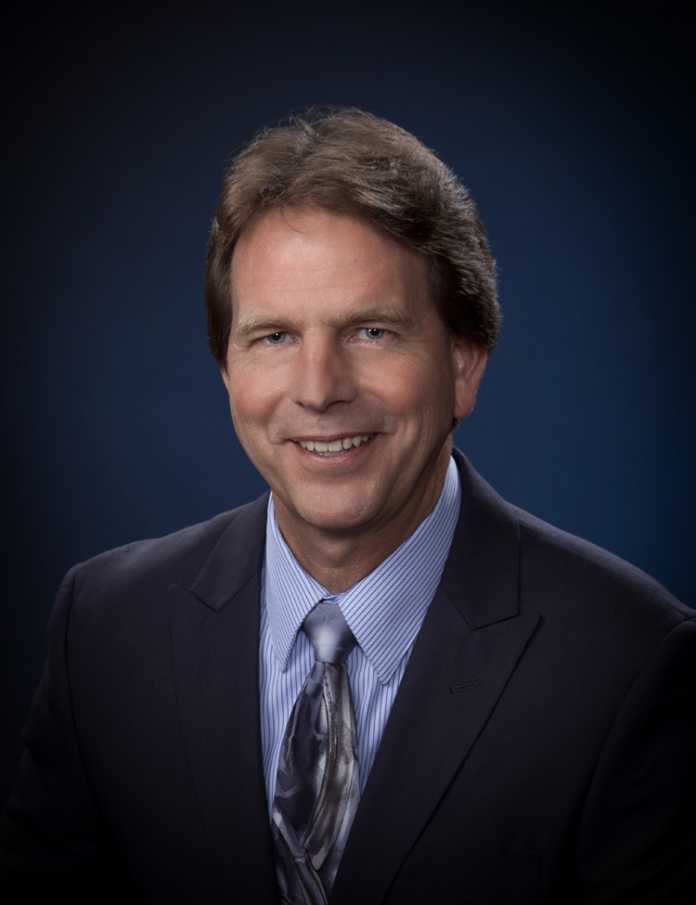The City of King is making significant progress with regard to its financial issues, but also continues to face many challenges. On the positive side, the City has adopted two balanced budgets in a row and has reduced its negative fund balance in the General Fund from almost $5 million to $2.5 million in just two years.
The City Council also recently adopted a Long Range Financial Plan that calls for reducing the negative fund balance by an additional $500,000 each year to reach a positive balance in five years and a goal of establishing a 20 percent reserve in 10 years.
At the same time, the City has been able to fund a number of new efforts to address important needs in the community.
However, it is also important to understand that most of this progress has been made based largely on one-time revenue sources. Therefore, even though the City has been able to balance its budgets, if you were to remove these one-time revenues and expenditures, the City continues to experience what is referred to as a structural budget deficit. This means the City is finding ways to get by and make progress, but the basic foundation of the budget is still out of balance.
In addition, the Long Range Financial Plan relies heavily on projected funding from the cannabis tax. While we continue to be confident the cannabis tax will be instrumental in funding important community needs, there are also a number of uncertainties associated with it. For example, there will likely be a surplus on the market so we don’t yet know how successful local businesses will be. It is unclear how local cultivators and manufacturers will be impacted by State and Federal regulations. Electric power constraints are also delaying projects, so the timeline for receiving this revenue is still unknown.
While our immediate goal is to eliminate the City’s debt and to address urgent needs in the community, our ultimate goal is to establish long-term financial stability. We want to reach a point where the City can withstand fluctuations in the economy and unanticipated expenses without it creating a financial crisis as it has in the past. As a result, we believe it is in the City’s best interest to avoid becoming overly dependent on this one revenue source. Given the uncertainties, it is recommended the City establish the ability to fund a minimal level of service without it. Therefore, if for some reason these revenues are not received as projected or were to ever go away, we can be confident the City could cut back enough to at least get by without increasing the debt.
To accomplish this, the City is studying the potential of adding an additional 1/2-cent sales tax at the next November election. The review has shown that every other city in Monterey County except for one currently has a local sales tax that is at least twice the amount of King City and many are three times or more. The one city at the same amount is also considering an increase. Therefore, the City could increase its sales tax by 1/2-cent and likely remain equal to the lowest in the County.
Given the City’s significant needs and limited sales tax base, the current discrepancy creates an additional challenge for King City to fund the same types of services provided by these other communities. It has been determined that a 1/2-cent increase would generate just about the amount of revenue needed to address the structural budget deficit. Another consideration is that a large portion of King City’s sales tax revenues are paid by people from outside the City because the gas stations and other businesses along the freeway are the City’s highest sales tax producers.
The City Council will be reviewing this information and considering whether to take additional steps at its April 24 meeting. The public is invited to attend and provide input. Council meetings begin at 6 p.m. and are held at City Hall, 212 S. Vanderhurst Ave. Please also feel free to contact City Hall at 385-3281 if you have questions or would like additional information.













